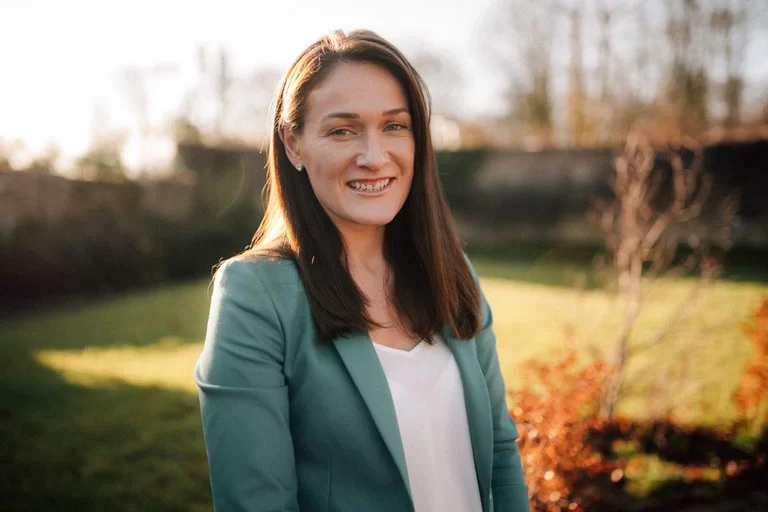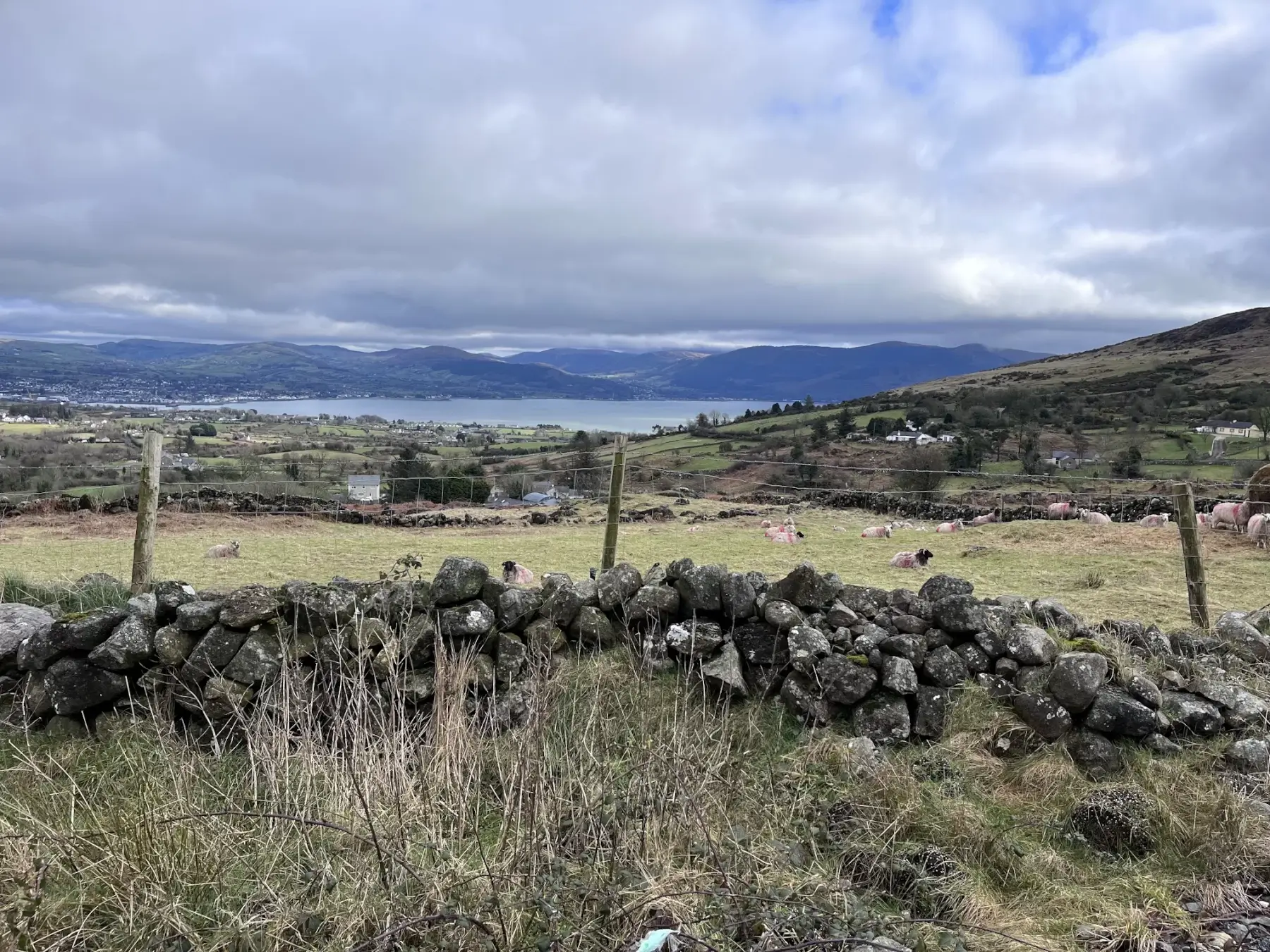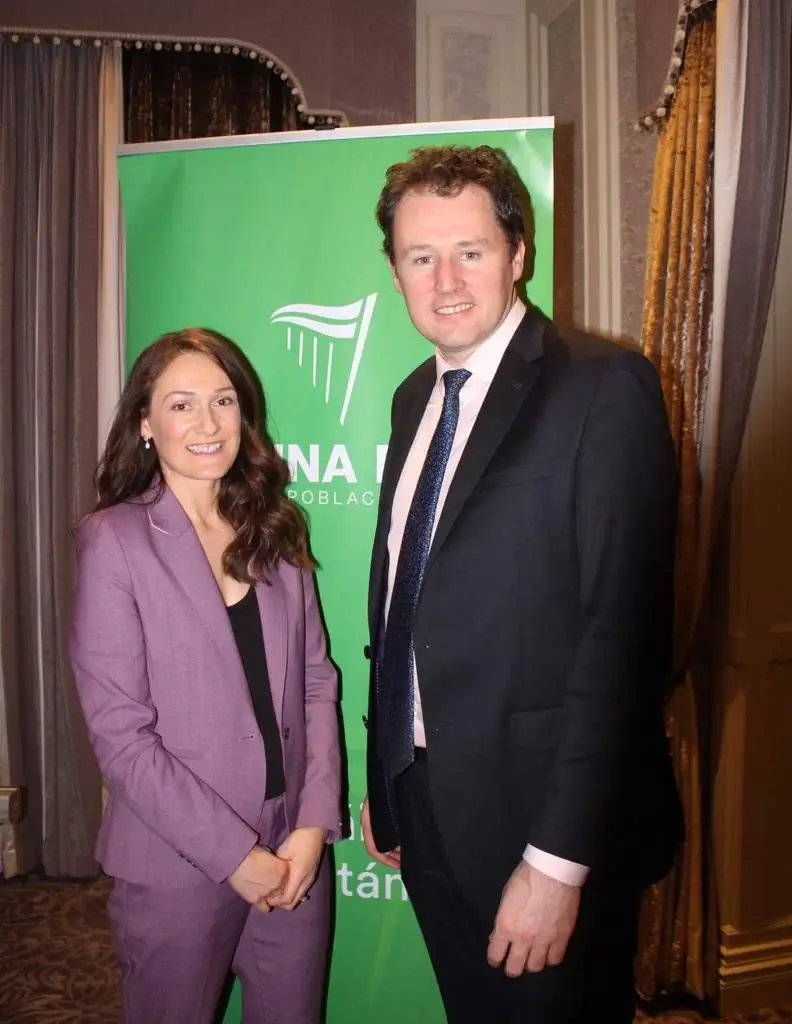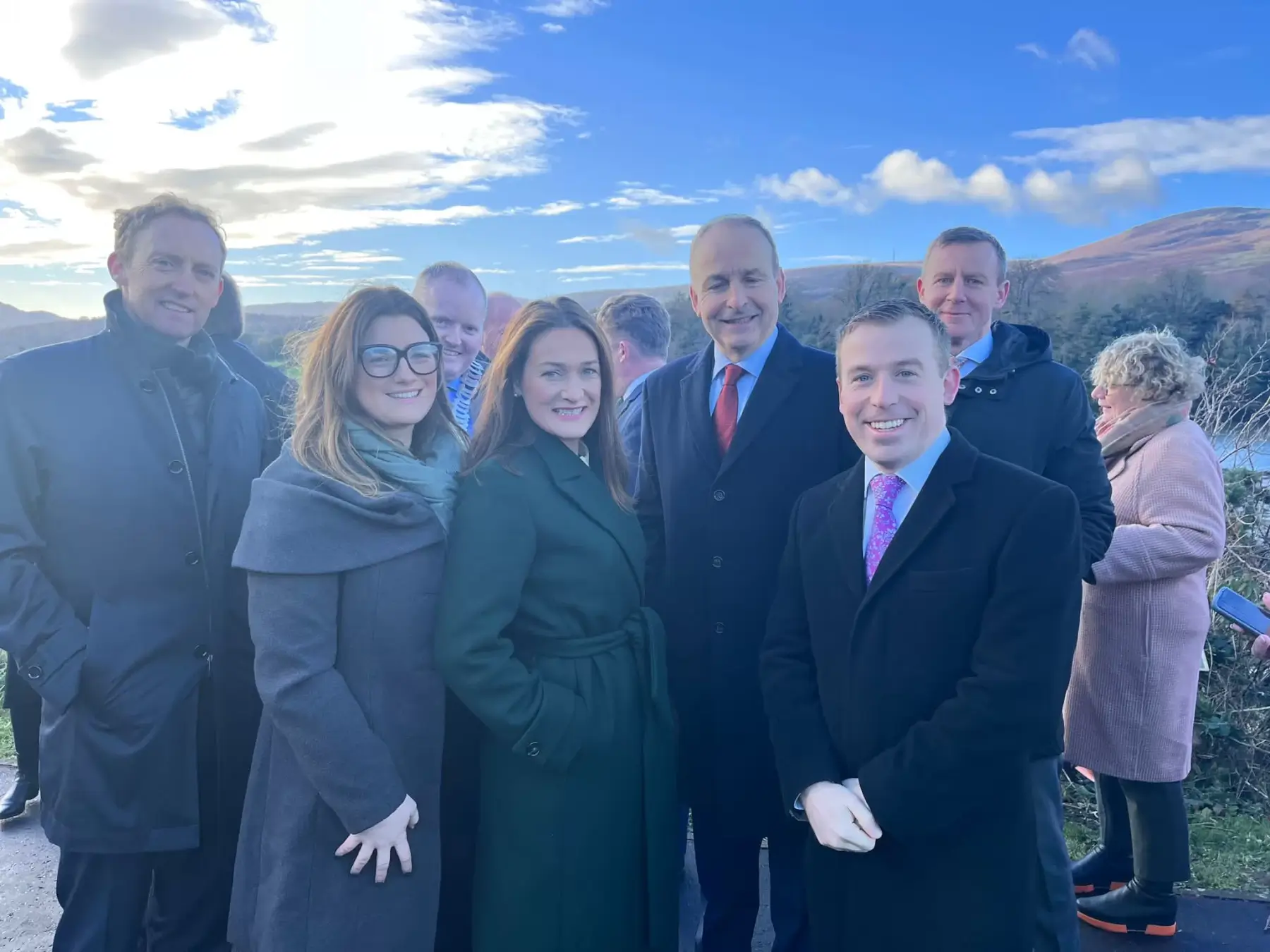
Fianna Fáil is a centre-left national party.
Name origin
Fianna Fáil loosely translates as ‘soldiers of destiny’ or ‘warriors of Fál’. It’s full name is “Fianna Fáil – The Republican Party”.
Ideology
The party’s name and logo incorporates the words ‘The Republican Party’. “Republican” here stands both for the unity of the island of Ireland and a commitment to the historic principles of European republican philosophy, namely liberty, equality and fraternity. The party’s enduring goal is to reunite the north and the south of Ireland.
Construction
The party was founded as an Irish republican party on 16 May 1926 by Éamon de Valera and his supporters after they split from the anti-treaty wing of Sinn Féin on the issue of abstentionism in the aftermath of the Irish Civil War.
The party dominated Irish political life for most of the 20th century, and, since its foundation, either it or Fine Gael has led every government. Between 1932 and 2011, it was the largest party in Dáil Éireann, but latterly with a decline in its vote share; from 1989 onwards, its periods of government were in coalition with parties of either the left or the right.
Evolution
Fianna Fáil’s vote collapsed in the 2011 general election; it emerged in third place, in what was widely seen as a political realignment in the wake of the post-2008 Irish economic downturn. By 2016 it had recovered enough to become the largest opposition party, and it entered a confidence and supply arrangement with a Fine Gael-led minority government.
In 2020, after a number of months of political stalemate following the general election, Fianna Fáil agreed with Fine Gael and the Green Party to enter into an unprecedented grand coalition, with the leaders of Fianna Fáil and Fine Gael rotating between the roles of Taoiseach and Tánaiste.





